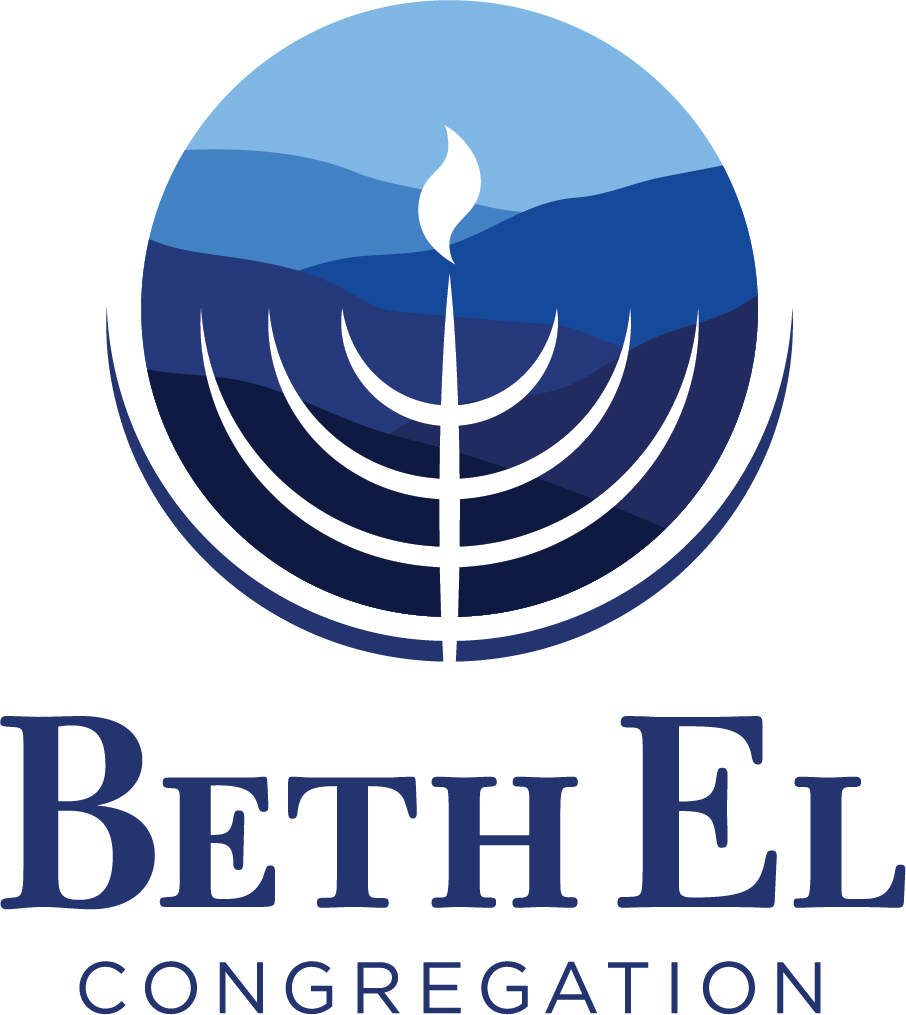D’var Torah April 25
Why Construction Crews Wear Neon
Shabbat Shalom!
I pray this finds you all well.
As true as it is, the expression “Experience is the best teacher,” is a pretty harsh and cold concept. In other words, it means that painful mistakes, embarrassing errors, unfortunate accidents, and regrettable actions are going to give us tangible and palpable lessons that we’ll never be able to forget. It’s sad, it’s frightening, and it’s incredibly heartbreaking, but there is a great deal of pragmatism, truth, and honesty to it.
In this week’s parsha of Shemini (Leviticus 9:1-11:47), we see such a painful and tragic error play out.
We read: “Aaron’s sons Nadab and Abihu each took his fire pan, put fire in it, and laid incense on it; and they offered before God alien fire, which had not been enjoined upon them. And fire came forth from God and consumed them; thus they died at the instance of God.” (Leviticus 10:1-2*)
It’s a mistake, and a very, very costly one at that, for the two novice priests who are brand-new to the job. More than a mistake and an accident, it’s a senseless tragedy and it should never have happened.
Sadly, we see the human toll that accidents, mistakes, and errors have on those around us. Go down the highway and you’ll see crosses marking where drivers sadly met their end, go past a construction crew and you’ll realize why they wear brightly colored, reflective, neon clothing and hard hats, put out orange safety cones and road flares, and have their own signage, drive past a high school right before prom and graduation season and you’ll get why they park a car wreck from a fatal DUI or distracted driving fatality right out front, or go to any building and you’ll understand why there are signs clearly displaying how to get to an emergency exit. In most of these cases, I posit that some terrible series of events had to have taken place at some point in the past that influenced how and why we do the things that we do in the present day.
The question begs: how do we make sure that we and those whom we love and care about never become a case study, statistic, news story, or tragic example?
To this end, the Talmud tells us a few things. For instance, Rav Dimi of Nehardea declares, “once an error is taught, it is taught, and cannot be easily corrected.” (Bava Batra 21a). In other words, if you see something wrong, unethical, immoral, dangerous, or unsafe, call it out immediately! If unsafe habits and practices fester, they can quickly become ingrained and institutionalized. Rabbi Judah teaches, “be careful in study, for an error in study counts as a deliberate sin.” (Pirkei Avot 4:13). I would take this to mean check, double check, and even triple check your work. Heck, have the humility to have someone go over your work as well. And if in doubt, check yourself a fourth time! Finally, there is a beautiful lesson from Derekh Eretz Zuta: “If you desire to study, do not say regarding what you do not understand, ‘I understand’. If you are questioned on [even] a trivial matter and you are not acquainted with it, be not ashamed to say, ‘I do not know’. If you were taught something which you did not grasp, be not ashamed to say [to the teacher], ‘Repeat it to me’ and do not pretend to yourself ‘I understood it’.” (Derekh Eretz Zuta 2:3).
We are bound to make errors and mistakes and have accidents happen to us because, after all, we are human. However, that does not mean these calamities aren’t preventable. If we get into a proactive and thoughtful mindset there is a lot of sadness and pain that we can get ahead of and even prevent. There are best practices and habits that are within our grasp that can mitigate and even eliminate such risks.
Bizrat HaShem, with God’s help, may we take full advantage of the wisdom, patience, insight, awareness, understanding, thoughtfulness, humility, and common sense that we have in our minds, hearts, and souls to act safely both for our sakes and for the sake of others.
Wishing you a Good Shabbos and a great weekend.
Bivrakha,
Rabbi Aaron Stucker-Rozovsky
Beth El Congregation | 520 Fairmont Ave, Winchester, VA 22601
(540) 667-1889 (office)
